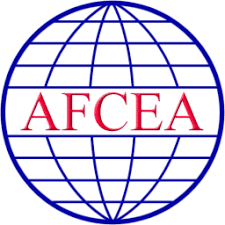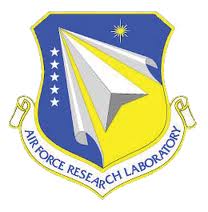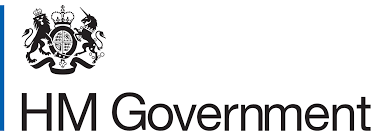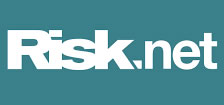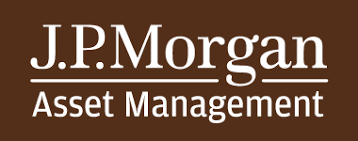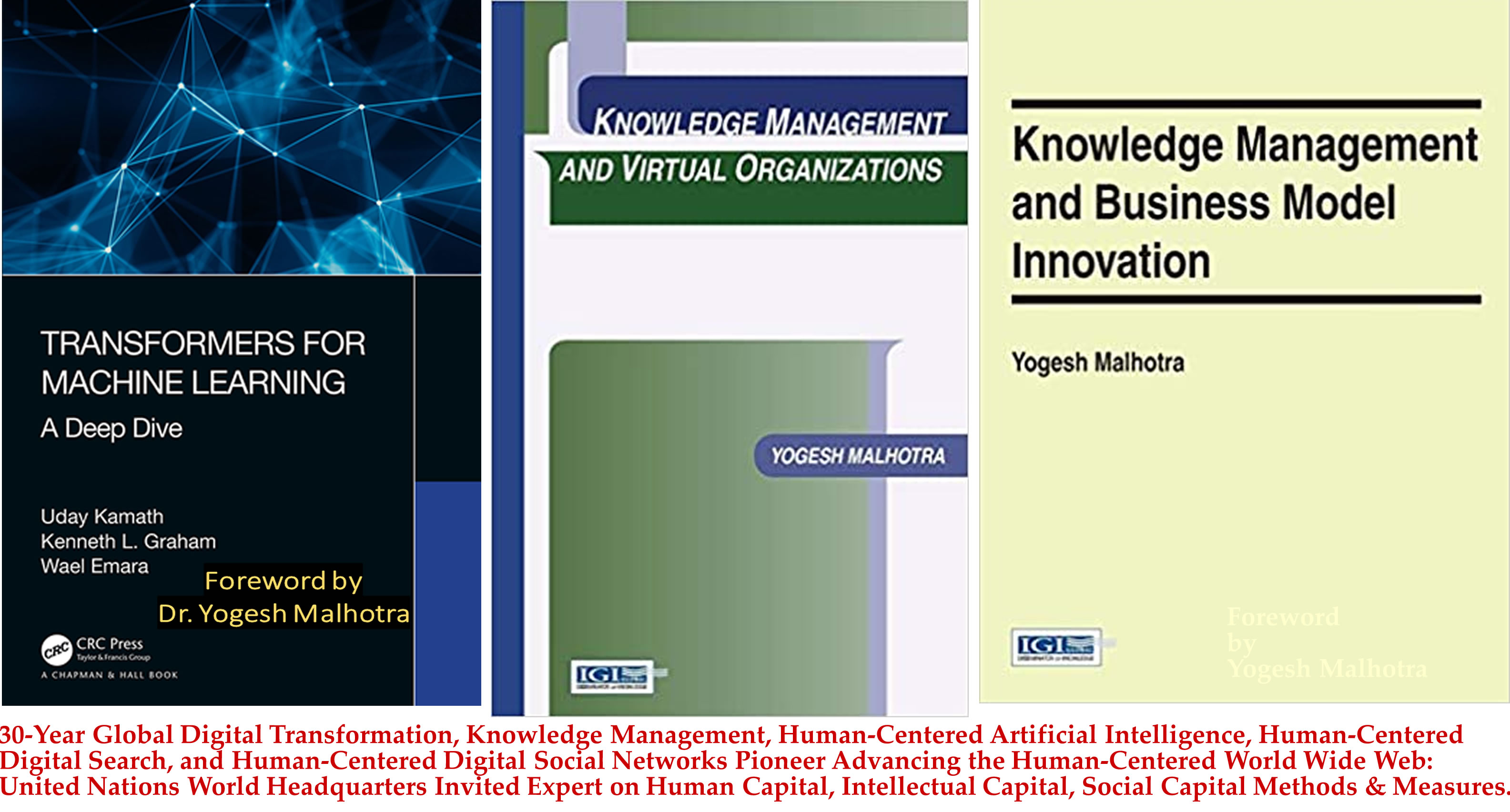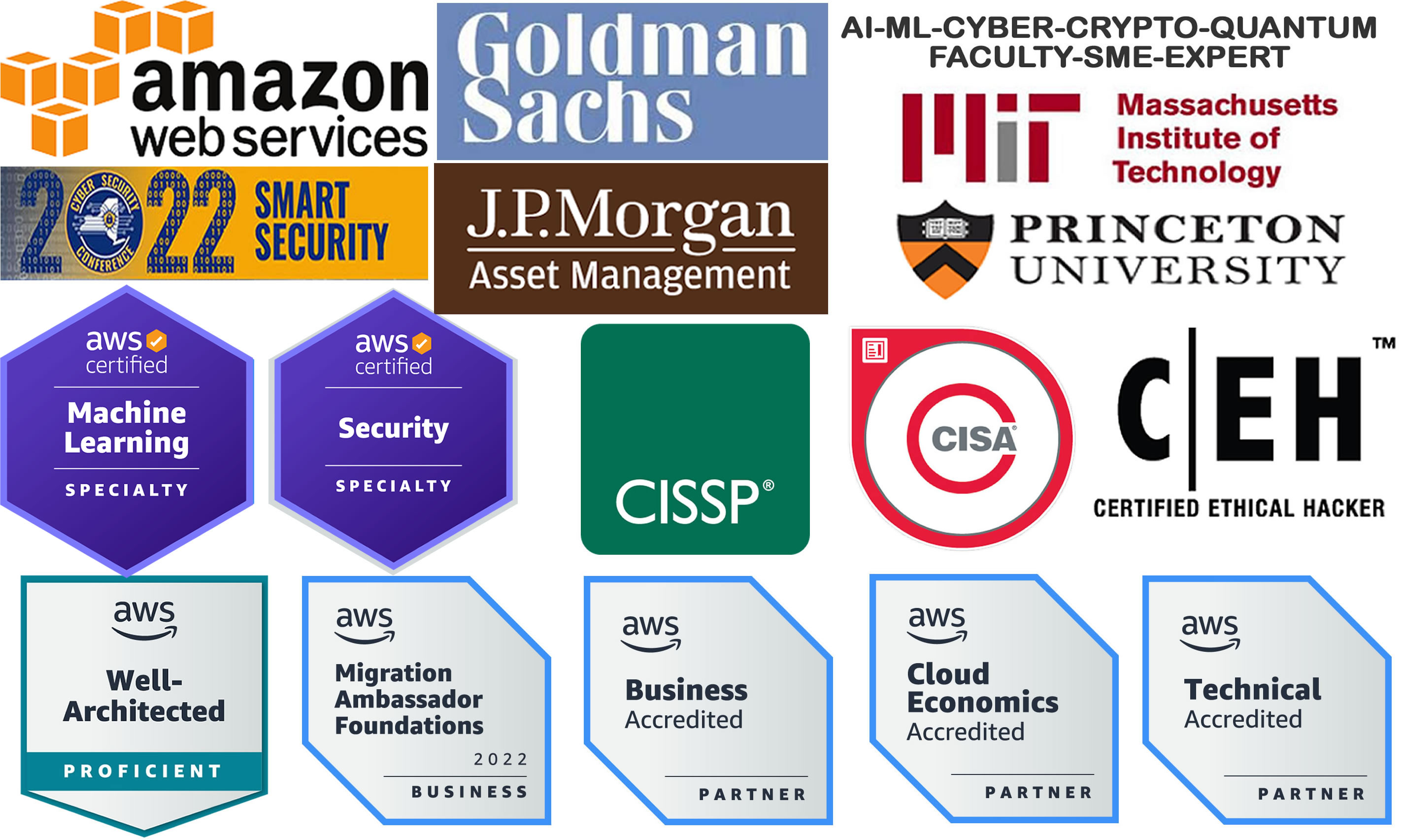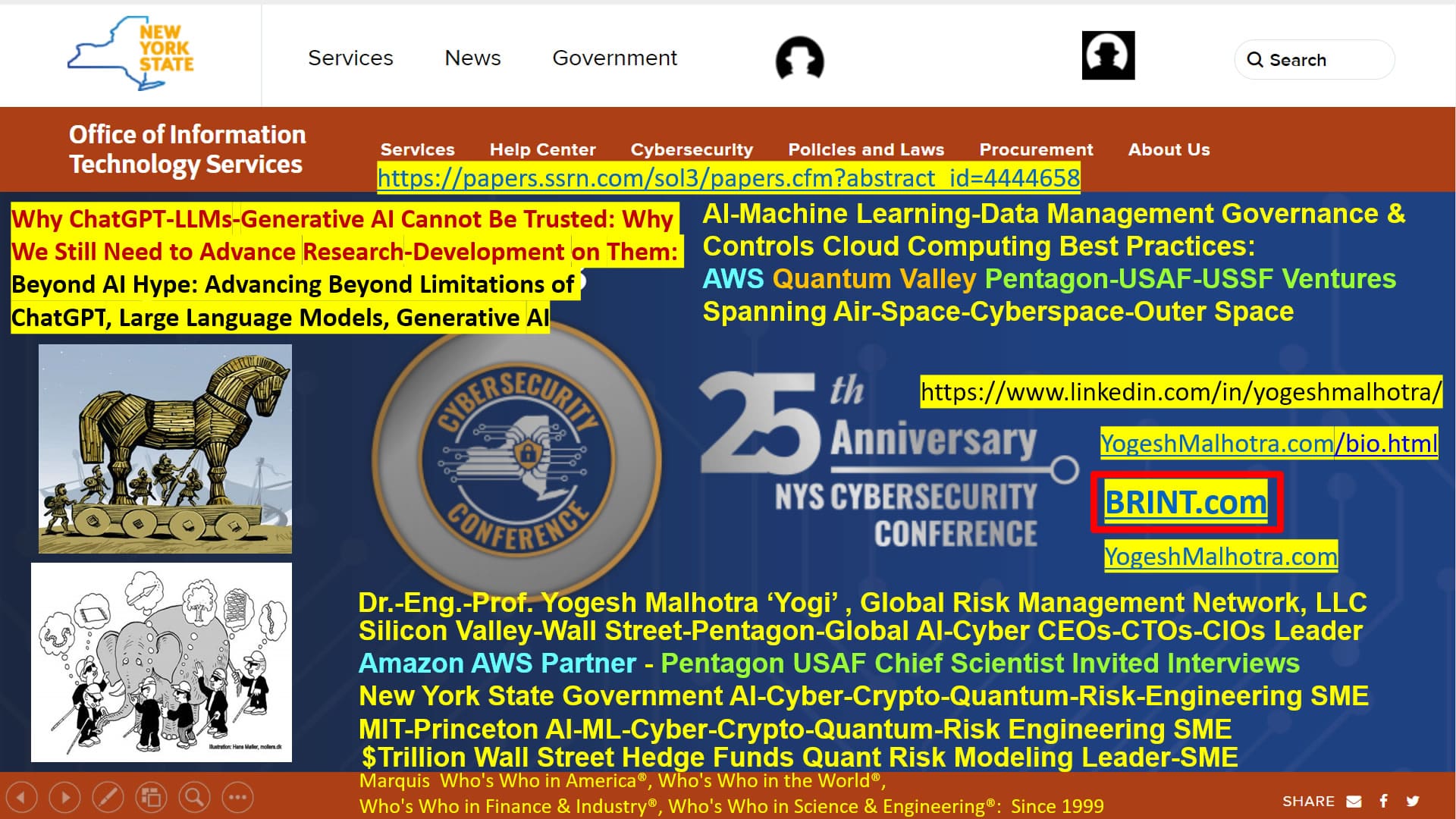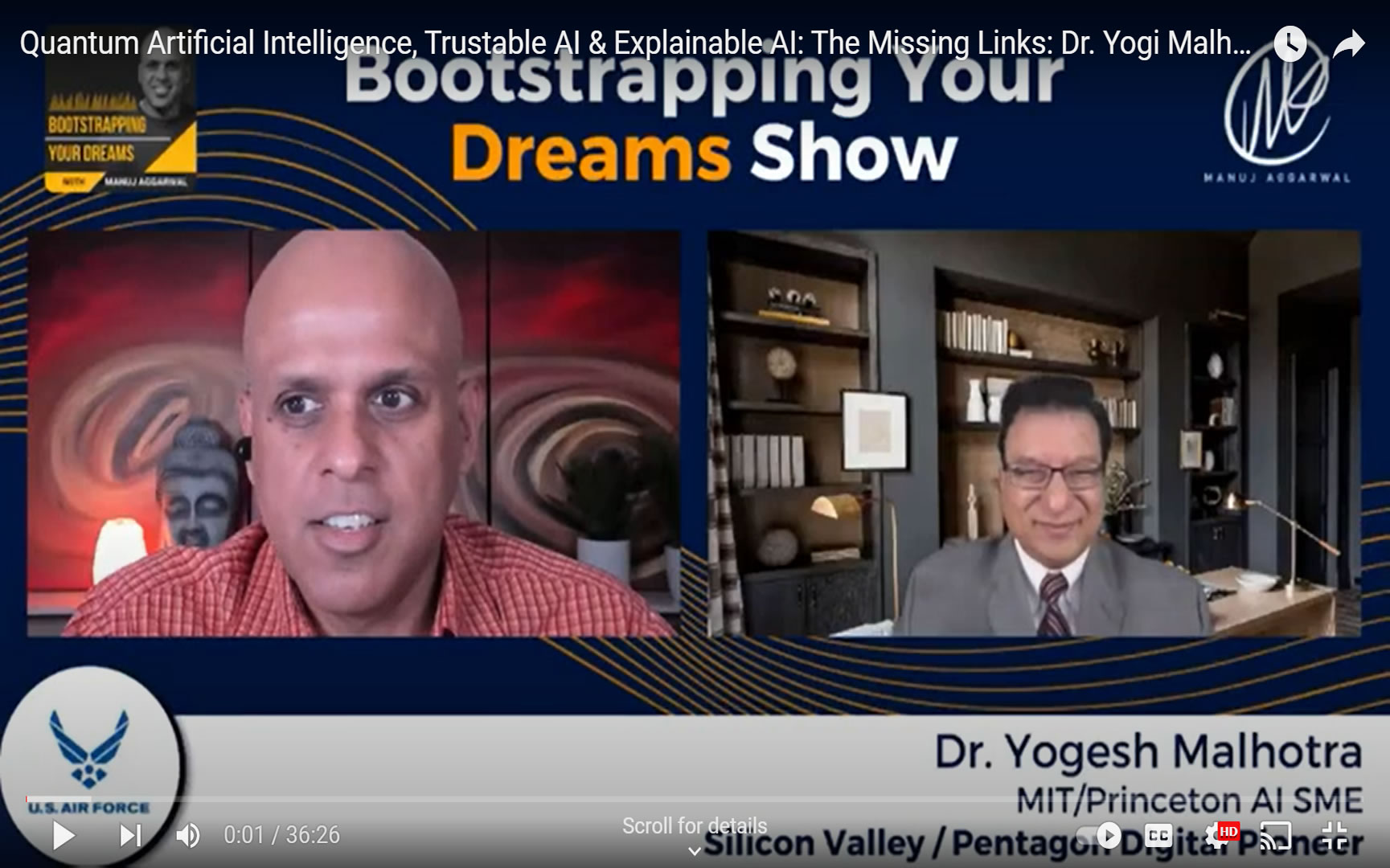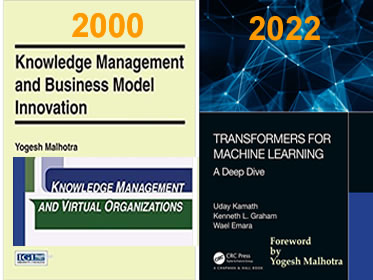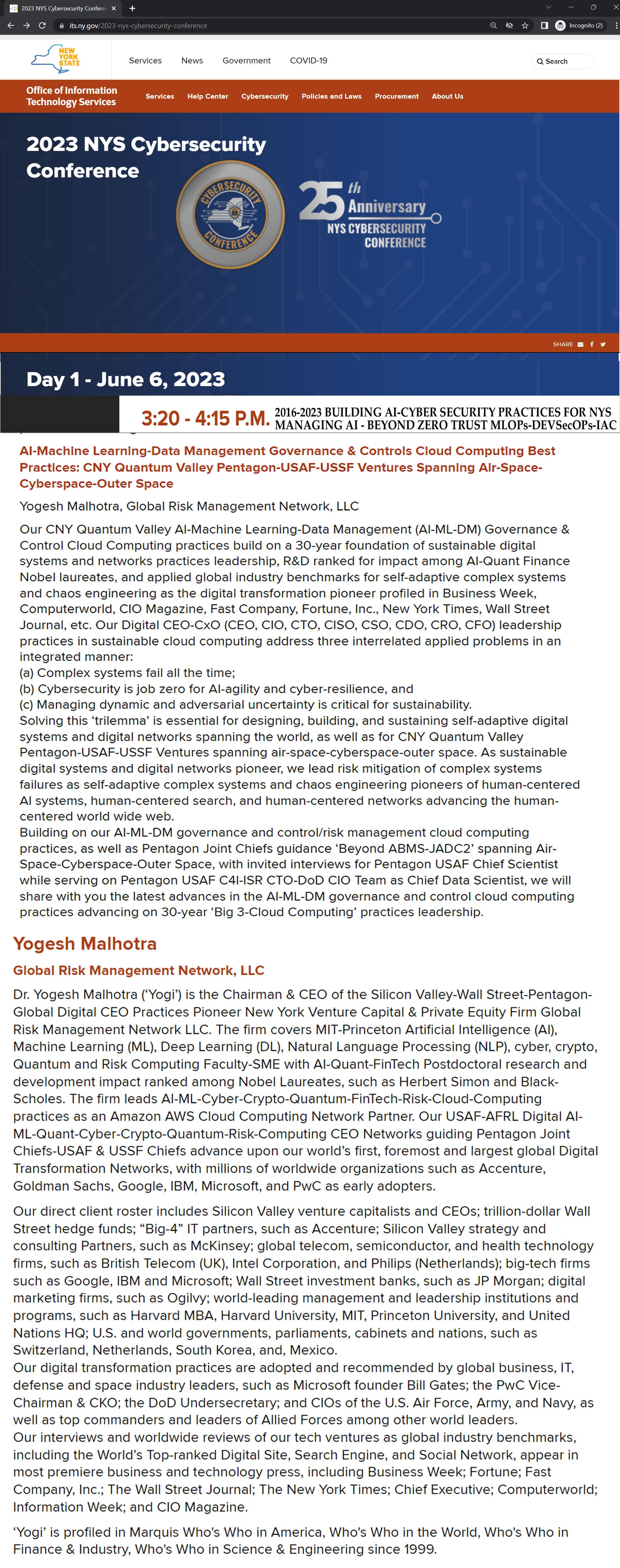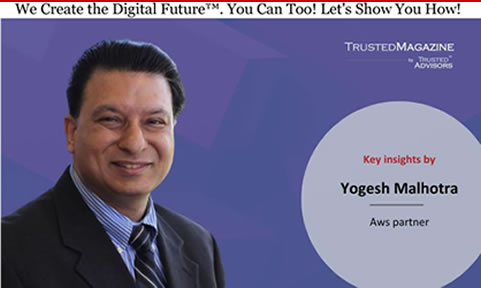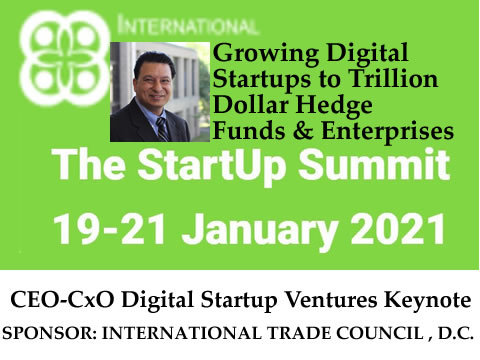|
|
||||||||||||||||||||
|
Dr. Yogesh Malhotra "Yogi" Who's Who in America®, Who's Who in the World®, Who's Who in Finance & Industry®, Who's Who in Science & Engineering® Since 1999 AWS Partner: Silicon Valley-Wall Street-Pentagon VC Boards-CEO Teams Mentor: Cloud-Networks-AIOps-CyberOps-MLOps-DevSecOps MIT Computer Science & AI Lab - Princeton University - Carnegie Mellon University - Kellogg Executive Education Faculty-SME R&D Impact Among Artificial Intelligence-Quant Finance Nobel Laureates Herbert Simon, Black-Scholes, Sharpe, Markowitz Stanford Machine Learning Specialization AWS Academy Educator: AWS Machine Learning University SUNY Lumen Circles Fellow MIT Computer Science & AI Lab-MIT Sloan School of Management: Artificial Intelligence & Strategy Executive Education Faculty Princeton University Quantitative Finance & Trading and FinTech Crypto Presentations: AI-ML Risk Management Controls SME Carnegie Mellon University: Digital Transformation & Knowledge Management Executive Education Faculty Kellogg School of Management: Digital Transformation & Knowledge Management Executive Education Faculty Kellogg School of Management: Executive Education: PRMIA Quant Finance-Quantitative & Qualitative Risk Management: VaR SME University of California, Berkeley: Haas School of Business: MS Financial Engineering Executive Education Courses Post-Doctoral R&D AI-ML-Cyber-Crypto-Quantum-Quant Finance, Top-10 IT-AI-Quantitative Methods-Risk Management-Controls PhD, MS-Quantitative Finance, MS-Computer Science, MS-Network and Computer Security, MS-Accounting, MBA-Econometrics, Chartered Engineer & Life Member: The Institution of Engineers (India), CISSP, CISA, CEH, CCP-CDP, CPA Education AWS Certified Machine Learning - Specialty + AWS Certified Security - Specialty AWS Certified Solutions Architect - Associate + AWS Certified Cloud Practitioner
Founder, Chairman & CEO: Global Digital CEO-CxO Network Ventures:Dr. Yogesh Malhotra (‘Yogi’) is the Chairman & CEO of the Silicon Valley-Wall Street-Pentagon-Global Digital CEO Practices Pioneer New York Venture Capital & Private Equity Firm Global Risk Management Network LLC. The firm covers MIT-Princeton Artificial Intelligence (AI), Machine Learning (ML), Deep Learning (DL), Natural Language Processing (NLP), cyber, crypto, Quantum and Risk Computing Faculty-SME with AI-Quant-FinTech Postdoctoral research and development impact ranked among Nobel Laureates, such as Herbert Simon and Black-Scholes. The firm leads AI-ML-Cyber-Crypto-Quantum-FinTech-Risk-Cloud-Computing practices as an Amazon AWS Cloud Computing Network Partner. Our USAF-AFRL Digital AI-ML-Quant-Cyber-Crypto-Quantum-Risk-Computing CEO Networks guiding Pentagon Joint Chiefs-USAF & USSF Chiefs advance upon our world’s first, foremost and largest global Digital Transformation Networks, with millions of worldwide organizations such as Accenture, Goldman Sachs, Google, IBM, Microsoft, and PwC as early adopters. ‘Yogi’ is profiled in Marquis Who's Who in America, Who's Who in the World, Who's Who in Finance & Industry, Who's Who in Science & Engineering since 1999. MIT Computer Science & Artificial Intelligence Lab Faculty-SMEPrinceton Operations Research-Financial Engineering-Wall Street Quant SMENew York State AI-ML-DL-Cyber-Crypto-Quantum-Risk Computing LeaderAmazon AWS Partner: Most Highly Trained AWS Cloud Computing PartnerAmazon AWS: Certified Solutions Architect Leading New York State Practices
Request a Call: https://clarity.fm/yogeshmalhotra.
|
“In the exponentially growing realms of the 'invisible' risks, those used to the pre-WWW era of 'visible' risks will be increasingly challenged to 'see' with their minds what they shall not be able to see with their eyes.”
“Since Google introduced transformer architecture in 2017, transformers have provided exponential improvements in context-focused realization toward meaning-aware AI as deep (neural network) learning models based upon attention mechanisms such as dot-product attention and multi-head attention.”
|
|||||||||||||||||||
| "There are many definitions of knowledge management. It has been described as "a systematic process for capturing and communicating knowledge people can use." Others have said it is "understanding what your knowledge assets are and how to profit from them." Or the flip side of that: "to obsolete what you know before others obsolete it." (Malhotra) " - U.S. Department of Defense, Office of the Under Secretary of Defense (Comptroller) |
 |
| "KM is obsoleting what you know before others obsolete it and profit by creating the challenges and opportunities others haven't even thought about -- Dr. Yogesh Malhotra, Inc. Technology" - U.S. Defense Information Systems Agency Interoperability Directorate |
 |
| "If you spend some time at [the digital research lab] founded by Dr. Malhotra you will be blessed by some of the world's most astute thinking on the nature of knowledge and its value." - U.S. Army Knowledge Symposium, Theme: "Knowledge Dominance: Transforming the Army...from Tooth to Tail", Department of Defense, United States Army. |
 |
| "We are observing diminishing credibility of information technologists. A key reason for this is an urgent need to understand how technologies, people and processes together combine to influence enterprise performance. Today's effective CIO doesn't deliver IT. He delivers business transformation services." - Yogesh Malhotra, Journal of Knowledge Management, 2005 - United States Air Force Research Lab CIO Col. Tom Hamilton in presentation to the Armed Forces Communications Electronics Association titled 'Enterprise IT Solutions Are Tough But They're Tougher If You're Stupid', July 21, 2005. |
 |
| "Knowledge Management refers to the critical issues of organizational adaptation, survival and competence against discontinuous environmental change. Essentially it embodies organizational processes that seek synergistic combination of data and information processing capacity of information technologies, and the creative and innovative capacity of human beings." -- Yogesh Malhotra - United States Department of Navy |
 |
| "Dr. Yogesh Malhotra, PhD, drawing upon numerous sources, proposes several theories as to how IT can be used to drive the change of organizations. As environments become more turbulent, organizations must adapt at the same rate to maintain its advantage. Among his theories are that the turbulent environments (in this case, business, but can translate to the turbulent military conflict environment) drive organizations to use IT for empowering workers at all levels, increasing span of control, and increasing lateral communications." - United States Marine Corps, Reorganization Of The Marine Air Command And Control System To Meet 21St Century Doctrine And Technology, Thesis, September 2001. |
 |
| "The self-organizing capacity of dynamically adaptive systems is amazing. They tend to eliminate redundancy, minimize connections, and establish priorities--all without outside direction. When something is organized, we tend to believe that someone organized it, some outside influence. But that's not necessarily so. Self-organization is a process in which the organization of a system occurs spontaneously based on the action of its members, without this process being controlled by an external system. The richness of possible behavior increases rapidly with the number of interconnections and the level of feedback. (Malhotra) " - U.S. Army War College Quarterly |
 |
| "Dr. Malhotra argues in Business Process Redesign that reengineering is the notion of discontinuous thinking -- recognizing and breaking away from outdated rules and fundamental assumptions. He suggests that reengineering principles are organized around outcomes, and that people who use the output should perform the process. This links parallel activities instead of integrating results, and puts the decision point where the work is performed (Malhotra, 1996). Integrating the DPW processes further into the installation staff can achieve these outcomes. Seventy percent of Business Process Redesigns (BPR) fail because of business focus on cost-cutting and narrow technical approaches (Malhotra, 1996). The installation commanders should decide how DPWs could best serve the community. They should have the opportunity to focus on efficient output and not on restructuring to cut cost. Developing the Corps as the primary service provider narrows the commander's options and does not solve the problem, merely the symptoms. The ultimate success of BPR depends on the experience of people who execute it and how well they apply their creativity to redesigning the processes." - U.S. Army Management Staff College |
 |
| "These activities are often described as "knowledge management." See Knowledge Management, in the World Wide Web Virtual Library, edited by Yogesh Malhotra. (Accessed June 16, 1998)....The terms "marshalling" and "mobilization" are intended here to represent two major activities of knowledge management in U.S. national security decisionmaking. Although others may describe and classify basic knowledge-building activities differently, "knowledge management" has been accepted as an umbrella term. See. for example, TheWorld Wide Web Virtual Library on Knowledge Management, edited by Yogesh Malhotra, (Accessed June 16, 1998)..." - U.S. Air Force Colonel Roc A. Myers, Colonel (s), Harvard University Air Force National Defense Fellow with the Program in 1997-98. Strategic Knowledgecraft: Operational Art for the Twenty-First Century, Roc A. Myers, Prepared while an Air Force National Defense Fellow with the Program in 1997-98 (September 2000). |
 |
| "Seventy percent of BPR projects fail. Three primary obstacles inhibit the success of reengineering projects: Lack of sustained management commitment and leadership -- It is critical that senior leadership not only support BPR but also be a vocal advocate. Unrealistic scope and expectations -- It is important to manage expectations. BPR is not a panacea that will cure all ills. Resistance to change -- The world is changing all the time and the pace of change continues to accelerate. It will continue to change whether we participate or not. We must change with it or be left behind. AIT provides AIS program managers the opportunity to completely reexamine and reengineer their entire business process, because it offers capabilities not previously available in terms of timeliness and accuracy of data capture. During the operational prototype, the Air Force provided an excellent example of a reengineered business process as a result of AIT. The Supply Asset Tracking System (SATS) is a front-end server that integrates AIT with the supply AIS, the Standard Base Supply System (SBSS). SATS uses linear bar codes for tracking and inventory purposes and smart cards for personal identification to verify receipt and establish personal accountability of property. (Malhotra) " - U.S. Department of Defense Logistics Implementation Plan |
 |
| "Knowledge Management caters to the critical issues of organisational adaption, survival and competence in the face of increasingly discontinuous environmental change ... Essentially, it embodies organisational process that seek synergistic combination of data and information processing capacity of information technologies and the creative and innovative capacity of human beings." - Yogesh Malhotra - Royal Australian Air Force (RAAF) AIRCDRE John Blackburn, Director General Policy and Planning - Air Force (DGPP-AF), Royal Australian Air Force (RAAF), in Air Power Conference 2000. |
 |
| "First intangible assets are defined in relation to core competencies of the firm. Each core competence is a combination of intangible assets such as knowledge and skills, standards and values, explicit know-how and technology, management processes and assets, and endowments such as image, relationships, and networks. Knowledge creation is the core competence of any firm (Malhotra, 2000)." - Government of UK, Ministry of Defence |
 |
| "Malhotra noted the importance of Information Systems for organizational learning, mentioning a series of techniques, methods and tools that can foster organizational learning at many steps of the process: knowledge acquisition, creation and distribution [Malhotra, 1996]." - Canadian Department of National Defence, Canada, Defence R&D Canada |
 |
| "Knowledge Management caters to the critical issues of organisational adaption, survival and competence in the face of increasingly discontinuous environmental change. Essentially, it embodies organisational process that seek synergistic combination of data and information processing capacity of information technologies and the creative and innovative capacity of human beings. -- Yogesh Malhotra" - Air Force, Australia, Director General Policy and Planning |
 |
| "According to Malhotra, KM ensures that right knowledge is applied at the right place and time and it is about doing the right thing instead of doing things right. Its application to R&D will avoid unnecessary duplication of research. It can help support both individual and organizational learning from past successes and failures while guiding future actions and changes." - International Atomic Energy Agency |
 |
| "The Knowledge Management (KM) area has become so diverse over the past ten years as researchers have begun to investigate not only the mechanics of knowledge creation and transfer but also of social and cultural issues that are of importance in understanding this topic. KM is the process of leveraging and utilizing the vast, untapped potential of both implied and documented knowledge to achieve optimal performance, both are equally important for improving performance. Knowledge Management enables businesses to exchange and optimize the knowledge and experience. "Knowledge Management caters for the critical issues of organisational adoption, survival and competence in face of increasingly discontinuous environmental change. Essentially, it embodies organizational processes that seek synergistic combination of data and information processing capacity of information technologies, and the creative and innovative capacity of human beings" (Dr. Yogesh Malhotra 1997)." - IBM |
 |
| "In his latest book, Knowledge Management and Virtual Organisations, KM luminary, Dr. Yogesh Malhotra, offers some cautionary advice. He exposes three myths often associated with KM solutions. The first of these is that knowledge management technologies can deliver the right information to the right person at the right time. This assumes businesses will develop incrementally in stable markets. However as Malhotra says, "the new business model in the Information Age is marked by fundamental, not incremental change. Businesses can't plan long-term; instead, they must shift to a more flexible 'anticipation of surprise' model. Thus it is impossible to build a system that predicts who the right person at the right time even is, let alone what constitutes the right information." - Microsoft Corporation |
 |
| "All can be used to further the goal of keeping the channels of communication open to allow for the exchange of issues and ideas within an organization. According to BRINT Institute chairman and CKO Dr. Yogesh Malhotra, "The key issue is not about the latest information technologies, but whether those technologies are used within, and for facilitating, a culture of information sharing, relationship building and trust." With communication and trust, set within the solid framework of a component architecture, your business can harness that elusive ability to get the right information to the right people at the right time for the right business purposes." - Cisco Systems, Inc. |
 |
| "According to Yogesh Malhotra, Knowledge Management practitioner and web author, "Knowledge Management is a brand new field emerging at the confluence of organization theory, management strategy, and management information systems." Breaking apart this definition, Knowledge Management can be defined as an internal, corporate strategy. Knowledge Management can also stand alone as a separate, Information Technology program. Malhotra is right on target when he states that Knowledge Management is a brand new field. Knowledge Management began receiving airplay in 1996. At that time, Tom Davenport wrote in CIO Magazine that a chief knowledge officer "captures and leverages structured knowledge, with information technology as a key enabler." Expanding upon Malhotra and Davenport's definitions, Knowledge Management within NCR Corporation can be defined via a business objective (strategic), a method of Knowledge Management delivery (the management information system), and a role within the organization. NCR's objective is to create, capture, and disseminate knowledge." - NCR Corporation |
 |
| "Institutionalization of 'best practices' by embedding them in information technology might facilitate efficient handling of routine, 'linear,' and predictable situations during stable or incrementally changing environments. However, when this change is discontinuous, there is a persistent need for continuous renewal of the basic premises underlying the 'best practices' stored in organizational knowledge bases. -- Yogesh Malhotra in Knowledge Management in Inquiring Organizations" - Vice President, SAP, North America in SAP Portals ASUG Meeting |
 |
| "Often used synonymously, the terms knowledge and information, are actually different. Information facilitates knowledge, and can exist without knowledge. Knowledge, however, cannot exist without information. To simplify the concept, Dr. Yogesh Malhotra, renowned scholar on Knowledge Management, defines "Knowledge" as potential for action that has an immediate link to performance. This definition suggests that a person's response or action, or contextual consideration for future action, based on information, is knowledge." - VeriSign Inc. |
 |
| "It is generally agreed that the greatest challenges to knowledge management initiatives are resistance to change in both an organization's information-sharing culture and the business processes that occur as a result. K.M. Malhotra defined the problem as follows: Culture is the most difficult component of KM to define, quantify, measure and influence. However, the success or failure of an effective KM program is almost solely dependant upon whether an organization's culture encourages or hinders sharing and transferring knowledge freely within the organization's structure. One thing is certain: an organization's cultural predisposition toward the free transfer of knowledge is largely reflective of the proactive stance demonstrated by the organization's leadership." - Northrop Grumman |
 |
| "Il Knowledge Management essenzialmente coinvolge processi organizzativi che cercano di realizzare una combinazione tra le capacità di elaborazione di dati e informazioni e le capacità creative e innovative degli esseri umani. (fonte: Yogesh Malhotra, Ph.D., Knowledge Management for the New World of Business...)" - Microsoft, Italy |
 |
| "Knowledge Management refers to the critical issues of organisational adaptation, survival and competence against discontinuous environmental change. Essentially it embodies organisational processes that seek synergistic combination of data and information processing capacity of information technologies, and the creative and innovative capacity of human beings. This definition proposed by Dr. Yogesh Malhotra summarises a key issue for e-learning strategies and the way they will impact professional training and companies' organisation policies." - European Commission |
 |
| "In the Committee's view, definitions that treat the area as a discipline rather than a mere collection of technologies best encapsulate what knowledge management means. For example, Malhotra says:, "Knowledge Management caters to the critical issue of organisational adaptation, survival and competence in the face of increasingly discontinuous environmental change..." - Parliament of Victoria, Australia |
 |
| "It is therefore impossible to typify the roles of Knowledge Management workers other than the CKO, and indeed these roles themselves are in a constant state of change. Dr. Yogesh Malhotra defines this as follows: Given the need for autonomy in learning and decision making, such knowledge workers would also need to be comfortable with self-control and self-learning." - Government of UK |
 |
| "We are facing "permanent white-waters" which demands strategies for adaptation to uncertainty in contrast to the conventional emphasis on optimisation based on prediction (Malhotra 1999). To quote a decision-maker in a large multinational firm; "The future is moving so quickly that you can't anticipate it. We have put a tremendous emphasis on quick response instead of planning. We will continue to be surprised, but we won't be surprised that we are surprised. We will anticipate the surprise." (Malhotra 1999)." - Government of Sweden |
 |
| "It is difficult, not to say impossible, to replace the significance of individual or collective face-to-face interactions in the sharing of tacit knowledge and articulating it as explicit in an organization, even if rapid development of interactive multimedia applications combining text, image and sound offers increasingly advanced communication potential. Virtual forms of working and work organization might at best supplement, but never totally replace, self-managing teams with close physical and social contacts, for instance, as a forum for learning. (Malhotra) " - Government of Finland |
 |
| "A key feature of knowledge management is the sharing of knowledge as opposed to simply the dissemination of information. Knowledge has a different quality to information. Knowledge includes human experience and the ability to make complex judgments based on past experience. Information is more about mere data whereas knowledge is 'potential for action'. (Malhotra) - Government of Australia |
 |
| "Ich glaube die Technology ist der leichtere Teil des Ganzen. Die wirkliche Herausforderung stecken doch darin wie die Geschäfts-Prozessen und die darauf aufbauenden Geschäfts- Modelle in Einklang gehalten werden mit den radikalen änderungen in der Geschäftswelt und dem Berufsbild der "Knowledge Worker."[Malhotra, 1993]." - Government of Austria |
 |
| "Knowledge management refers to the critical issues of organizational adaptation, survival and competence against discontinuous environmental change. Essentially it embodies organizational processes that seek synergistic combination of data and information processing capacity of information technologies, and the creative and innovative capacity of human beings," says Dr. Yogesh Malhotra, founding chairman and chief knowledge architect of the BRINT Institute, in an interview with Alistair Craven. Widely recognized as a knowledge management pioneer, Malhotra adds, "Knowledge management is more about the pragmatic and thoughtful application of any concept or definition, as it is not in the definition but in real world execution where opportunities and challenges lie. Any definition therefore must be understood within the specific context of expected performance outcomes and value propositions that answer the question 'Why' about relevance of KM."" - U.S. Embassy, American Center, New Delhi, India |
 |
| "Knowledge management, which is a new field emerging from the confluence of organisation theory, management strategy and management information systems, is viewed as an essential driver for innovation. According to Malhotra "Knowledge Management caters to the critical issues of organisational adaption, survival and competence in face of increasingly discontinuous change. Essentially it embodies organisational processes that seek a synergistic combination of data and information processing capacity of information technologies, and the creative and innovative capacity of human beings"." - Government of South Africa |
 |
| "Estes ativos do conhecimento aumentam com o uso e daí a importância de as empresas identificarem o que sabem e manterem todo o esforço para desenvolverem área de gestão do conhecimento. A gestão do conhecimento, segundo Malhotra é a capacidade de catalizar os aspectos críticos de adaptação, sobrevivência e competência, buscando uma combinação sinérgica da capacidade de processar informações e conhecimento com a capacidade criativa e inovativa dos seres humanos. (MALHOTRA, 1999)." - Government of Brazil |
 |
| "Esta enumeración no implica que algún factor no pueda ocupar a la vez distintas posiciones. La principal característica del nuevo entorno de las organizaciones es su alto nivel de incertidumbre. Por incertidumbre entendemos "la diferencia entre la cantidad de información requerida para realizar una tarea y la cantidad de información ya en poder de la organización" YOGESH, Malhotra."" - Government of Argentina |
 |
| "The disconnect between IT expenditures and the firms' organizational performance could be attributed to an economic transition from an era of competitive advantage based on information to one based on knowledge creation." - Yogesh Malhotra - Government of Mauritius |
 |
| "The focus of knowledge management is on 'doing the right thing' instead of doing things right�, (Yogesh Malhotra, 2001). The emphasize is that that knowledge management provides framework within which the organization views all processes of the activities to sustain the business and/or ensuring the business survival. Within the army organization, there is no difference. The army needs to keep pace with the technology advancement preparing for the increasingly dynamic and unpredictable regional and world environment." - Royal Military Police Directorate, Army HQ, Malaysia |
 |
| "Knowledge Management embodies organnizational processes that seek synergistic combinations of data and information processing capacity of information technologies, and the creative and innovative capacity of human beings." -- Yogesh Malhotra, Ph.D." - Government of Malta |
 |
| "Dr. Yogesh Malhotra, one of the experts and founder contributor in the development of concept of KM has defined the KM as under : "Knowledge Management caters to the critical issues of organizational adaptation, survival and competence in face of increasingly discontinuous environmental change. Essentially, it embodies organizational processes that seek synergistic combination of data and information processing capacity of information technologies, and the creative and innovative capacity of human beings". As it is clear from this definition that objective of Knowledge Management as a crucial management function is not only to survive under changing environment but also to make the organisation adaptable and competitive. The same is particularly applicable for Banks in India, since they are now operating under such a dynamic business environment." - Indian Banks' Association, India |
 |
| "Dr. Yogesh Malhotra, the Founder and Chief Knowledge Architect of BRINT, and a well-known expert in the field of K-economy, opines: "The challenges facing us as we enter the 21st Century are formidable. Globalization, Information Technology and Shareholders' Values are transforming the world. To meet these challenges is to become a knowledge-creating or knowledge intensive organization"." - Indian Banks' Association, India |
 |
| "Knowledge Management has structural and functional basis in the IM (Information Management or IRM. The main difference is the high degree of dynamic activity involved in the KM system. To summarize in the words of Dr. Malhotra, (10) 'use of the information and control systems and compliance with pre-defined goals, objectives and best practices may not necessarily achieve long-term organizational competence. This is the world of 're-use,' 're-engineering', 're-cycling' etc, which challenges the assumptions underlying the 'accepted way of doing things.' This world needs the capability to understand the problems afresh given the changing environmental conditions. Knowledge management focuses on 'doing the right thing' instead of 'doing things right.'" - Indian Statistical Institute, Bangalore, India |
 |
| "Knowledge Management caters to the critical issues of organizational adaption, survival and competence in face of increasingly discontinuous environmental change. Essentially, it embodies organizational processes that seek synergistic combination of data and information processing capacity of information technologies, and the creative and innovative capacity of human beings." - National Academy of Psychology (NAOP), India |
 |
| "Finally, all who are concerned with IT security issues should understand -- and appreciate -- the difference between information and knowledge. Information, writes Yogesh Malhotra, PhD, is embedded in a computer -- while knowledge is embedded in people. "Information generated by a computer is not a very rich carrier of human interpretation for potential action," he writes. "Computer are merely tools, however great their information-processing capabilities may be." - Chairman of the Board, The Institute of Internal Auditors |
 |
| "Leadership Quote of the Week: The focus of knowledge management is on doing the right thing instead of doing things right... Yogesh Malhotra" - Chartered Management Institute, UK |
 |
| "Dr. Yogesh Malhotra, founder of the Brint Institute and a pioneer in knowledge management, posits that "the basic premise is that you can predict how and what you'll need to do and that IS can simplify this and do it efficiently". However, the new business model, he says, is marked by fundamental, not incremental, change and businesses can't plan long-term. Instead, they must shift to a more flexible "anticipation of surprise" model, making it impossible to build a system that can predict what is the right information to be delivered to the right person at the right time. This is not to say that information technology has been displaced from the knowledge management equation; its place has been preserved by a growing realisation among developers that software alone cannot automatically be seen as the solution." - National President of the Australian Computer Society, Australia |
 |
| "Yogesh Malhotra, founding chairman and chief knowledge officer for the BRINT Institute in Syracuse, New York, believes that the fundamental distinction between data and knowledge plays a major role in whether a system is designed for adaptation and quick response to change. "Dynamic and radically changing environments overwhelm the deterministic logic of a structured model, resulting in a 70 percent failure rate that has characterized implementations of knowledge management models" says Malhotra. Recounting his visit to a Silicon Valley hi-tech consulting firm, Malhotra attributes most failed corporate intranet initiatives to the above fallacy... Malhotra says that once routinized for efficiency and optimization, knowledge-harvesting processes may be delegated to others. However, supply managers need to be more proactively involved in knowledge-creation and knowledge-renewal processes..." - Institute for Supply Management (ISM) |
 |
| "Yogesh Malhotra, founding Chairman and Chief Knowledge Architect of the BRINT Institute states: "Knowledge management software is not a canned solution; "Knowledge management technologies cannot always deliver the right information to the right person at the right time; "Information technologies cannot store human intelligence and experience; "Knowledge management systems do not account for renewal of existing knowledge and creation of new knowledge; "Greater incentives are needed for workers to contribute quality content to KMS." Improper use of KMS databases can waste resources if an organization does not really know what knowledge assets it possesses and fails to capitalize on potential new initiatives." - National Association of Realtors |
 |
| "Similarly, Dr. Yogesh Malhotra, the famous "Knowledge Architect", wrote a cautionary article on "When Best [Practices] Becomes Worst", Momentum: the Quality Magazine of
Australasia, Quality Society of Australasia, NSW (Australia, 2002). In fact, the conditions for producing and utilizing knowledge workers are not a question of the persons concerned merely acquiring subject-matter expertise, problem-solving competency
and communication skills. It is essential to provide an environment where such persons can
operate and flourish. In the same vein, one of Malhotra's recent books (monograph) for UNESCO discusses knowledge work taking place in "hyper turbulent organizational environments."" - International Labour Office (ILO) |
 |
| "Knowledge Management - Discipline that seeks to improve the performance of individual organizations by maintaining and leveraging present and future value of knowledge assets, encompassing both human and automated activities. " Knowledge Management caters to the critical issues of organizational adaption, survival and competence in face of increasingly discontinuous environmental change.... Essentially, it embodies organizational processes that seek synergistic combination of data and information processing capacity of information technologies, and the creative and innovative capacity of human beings." - Dr. Yogesh Malhotra" - U.S. Department of Health & Human Services |
 |
| "The mechanistic model of information processing and control based upon compliance is not only limited to the computational machinery, but extends to specification of goals, tasks, best practices and institutionalized procedures to achieve the pre-specified outcomes." -- Yogesh Malhotra - European Health Management Association, Ireland |
 |
| "KM has become an increasingly important management discipline in recent years. Nevertheless, some say the phrase KM is unhelpful because 'knowledge is not a "thing" that can be "managed"1. They challenge the 'dominance and control model' that often underlies traditional views of knowledge and organisational management and development. They assert instead the notion that knowledge is largely cognitive, tacit and highly personal. They champion the fundamental role of people and the social interactive basis of knowledge sharing and creation. (Malhotra, Y..) " - UK Department of Health |
 |
| "Knowledge management is viewed as an essentialdriver for innovation. According to Malhotra, "Knowledge Management caters to the critical issuesof organisational adaptation, survival and competencein the face of increasingly discontinuous change.Essentially it embodies organisational processes thatseek a synergistic combination of the data andinformation processing capacity of informationtechnologies, and the creative and innovative capacityof human beings"." - United Nations Development Program (UNDP), Geneva, Switzerland |
 |
| "Adaptive Learning (See: Double Loop Learning): "Adaptive learning, or, single-loop learning, focuses on solving problems in the present without examining the appropriateness of current learning behaviors." -- Malhotra, Y., Organizational learning and learning organizations: an overview." - World Health Organization (WHO) |
 |
| "Dr. Yogesh Malhotra is regarded among the world's most influential practitioners and thought leaders on knowledge management. Widely recognized as a knowledge management pioneer, in this extensive interview read what Dr. Malhotra has to say about knowledge, information, technology and chasing success in this field." - Emerald Group Publishing Ltd (UK) |
 |
| "Dr. Yogesh Malhotra in the US is a leader in the knowledge management field. In a recent article written for the US Journal for Quality & Participation, he has pointed to a problem in relation to organisations investing heavily in information technology but not realising gains in terms of knowledge creation." - Irish Times, Ireland |
 |
| "Be that as it may, there is no doubt that domestic enterprises, faced by a complete bankruptcy of knowledge and ideas, will, some day, understand the value of the knowledge held by their employees. In the meantime, they would do well to study the writings of Dr. Yogesh Malhotra, an authority on technology and innovation management, business performance, and corporate strategy issues related to information systems, knowledge management, e-business and electronic commerce, business decision models, and new organisation forms." - The Hindu, A Major National Daily Newspaper, India |
 |
| "Professor Yogesh Malhotra of Syracuse University, New York, and expert in this field, has recently argued that one of the reasons for this failure is that more often than not knowledge management is practiced in isolation and does not take into account the dynamism of the external environment." - Malaysian Business, Malaysia |
 |
Managing Change, Uncertainty, and Complexity through People-Process-Technology
Leading edge thinking and practice on Contemporary Global Risk Management issues to enable and facilitate Organizational and CxO Performance. Current focus of our overarching theme of anticipating surprise within a global environment of increasing dynamic uncertainty and complexity is on next-generation computational mathematical quantitative models of uncertainty and risk management beyond model risks exposed by the global financial crisis of 2008 and subsequent extreme events and black swans. A sample of our corporate and organizational clients, patrons, and users is listed below: Global Corporations: Goldman Sachs, Google, HP, IBM, Intel, Microsoft, Wells Fargo World Governments: Australia, Brazil, Canada, China, European Union, UK, USA U.S. Defense: AFRL, Air Force, Army, CCRP, Comptroller, DISA, DoD, NASA, Navy, RAND World Defense: Australia (Air Force), Canada (Defence R&D), UK (Ministry of Defence) Business Schools: Harvard, MIT, Princeton, Stanford, UC Berkeley, Wharton
The futuristic paradigm of Complex Adaptive Systems that can handle unprecedented change, uncertainty, and complexity continues to be the central theme of research and practice on which Global RISK Management Network was founded. It is also the central theme on which our early contributions to managerial practice have been written about by the New York Times and the Wall Street Journal among others. For instance, commenting about controls and regulation in complex and uncertain business environments, we observed the following in an invited interview published by the UK management press in 2005: "Paradoxically, the economies of the bygone era had inculcated in most managers the models of scientific management based on deterministic control. However, in the new era of rapid pace of increasingly unpredictable change, such models of deterministic control would result in failures - particularly of large-scale systems. The challenge lies in trying to control what is uncontrollable. The emergence of the digital era has resulted in the 'perfect storm': managers trying to impose greater controls when such controls are either economically expensive to sustain and often even detrimental to the viability of the increasingly 'out-of-control' systems. The mechanistic thinking that served its purpose well during the industrial era seems to underlie many of the current failures of large scale global systems."
Global RISK Management Networktm has its current focus on advancing worldwide risk management practices for global financial systems and capital markets. By 2005, our research focus on systemic failures and extreme events, recognized subsequently for its impact on actual practice by the AACSB International in 2008, had advanced to make us ponder about a possible forthcoming systemic failure of the global finance systems. The rest is history. For instance, in the same interview with the UK management press mentioned above, we had made the following observations:
Global RISK Management Network has served as the world's epicenter from which specific Business Technology, or "BizTech", as we called the integrated Business-Technology application focus that we pioneered, focus on operational risks, enterprise risks, and systemic risks was adopted by CxOs and governments across most countries of the world. Recognized for contributions to the advancement of global managerial practices on operational, enterprise, and systemic risk management, our focus has been squarely on advancing the obsolescent financial risk management paradigm since a few years preceding the Global Financial Crisis of 2008. After the turn of the last century, this digital social enterprise has been probably most recognized for developing and disseminating worldwide its basic and applied view of non-deterministic uncertainty and risk management for detecting and pre-empting risk management failures for increasingly unpredictable and complex business environments. Global RISK Management Network was founded as BRINT Institute (BRINT is short for Business Research in Information and Technology, and based upon its original name, 'A Business Researcher's Interests' with registered trademark of @BRINT) originally conceived to bridge the gaps between business and technology, data and knowledge, and, theory and practice, "an ambitious undertaking", as reported by the Fortune cover story on the Knowledge Economy. For more than a decade, Global RISK Management Network has serviced the learning, networking, and professional growth needs of millions of users on average in any given month. Instead of remaining stuck in the obsolescent paradigm of 'IT' "for managing 'data' and 'information'", this digital social enterprise represented a significant departure in the early 1990s from the prevailing textbook focus of most information and systems related academic views by its pragmatic and realistic choice to focus on managing what [we believe] really matters - change, uncertainty, and complexity. On the dawn of the Global Financial Crisis, our long-term perspective on radical discontinuous change events was brought into mainstream focus in terms of extreme events and ‘black swans’ more than a decade after we published original influential applied research and academic research on this subject. Related research published across multiple influential books, and, journal and conference papers underlying this paradigm was influenced by the thinking of founding philosophers of Information Systems and Operations Research such as Charles West Churchman (PhD advisor of Russell L. Ackoff), Russell L. Ackoff (who was coincidentally the PhD advisor of the PhD advisor of this research venture's founder), Jay W. Forrester, Herbert A. Simon, and, Norbert Wiener; economists and complexity theorists of self-adaptive complex systems at the Santa Fe Institute such as Brian Arthur, and John Holland (the father of genetic algorithms); and, strategists such as Steven Kerr, CLO and Vice President of leadership development at GE and subsequently CLO and Managing Director at Goldman Sachs. The original concept of the real-life instantiation of the forerunner of FinRM™ as “The Knowledge Creating Company™” was influenced by the book of the same name by Ikujiro Nonaka.
|
World Leading Hi-Tech Research Defining World Leading Risk Management Practices™
"Founder Yogesh Malhotra says his vision for this site is to fill the gaps between business and technology, data and knowledge, and, theory and practice. That's an ambitious undertaking."
"If you spend some time at [this digital research lab] founded by Dr. Malhotra you will be blessed by some of the world’s most astute thinking on the nature of knowledge and its value."
"Dr. Yogesh Malhotra, PhD, drawing upon numerous sources, proposes several theories as to how IT can be used to drive the change of organizations. As environments become more turbulent, organizations must adapt at the same rate to maintain its advantage." "We are observing diminishing credibility of information technologists. A key reason for this is an urgent need to understand how technologies, people and processes together combine to influence enterprise performance. Today's effective CIO doesn't deliver IT. He delivers business transformation services." - Yogesh Malhotra, Journal of Knowledge Management, 2005"
"Knowledge Management caters to the critical issues of organisational adaption, survival and competence in the face of increasingly discontinuous environmental change ... Essentially, it embodies organisational process that seek synergistic combination of data and information processing capacity of information technologies and the creative and innovative capacity of human beings." - Yogesh Malhotra
"KM is obsoleting what you know before others obsolete it and profit by creating the challenges and opportunities others haven't even thought about -- Dr. Yogesh Malhotra in Inc."
among other worldwide governments and national defense agencies such as...
"A Pretty Powerful Portal. Smart Stop on the Web."
"Will keep enthusiasts of Knowledge Management entertained for hours."
among other worldwide firms and organizations such as...
"Tool for raising your company's IQ..." - Forbes
"What every CEO should know..." - Business Week
"A practical guidepost..." - Chief Executive
"Thumbs up for this serious surfer's tool useful for managers..." - Fortune
"Contemporary business management and technology issues..." - Wall Street Journal
"Invaluable for applying complexity theory to business management..." - New York Times
"First on the list for in-depth sites for company and industry research..." - San Jose Mercury News
"Yahoo! for Business & Technology.
"Best site for information technology and business information..." - Computerworld
"Wealth of incredibly rich, useful and interesting information..." - CIO Magazine
"Unparalleled in depth and relevance for business research..." - Information Week
"Best web site for keeping up with hi-tech industry developments..." - InfoWorld
|


